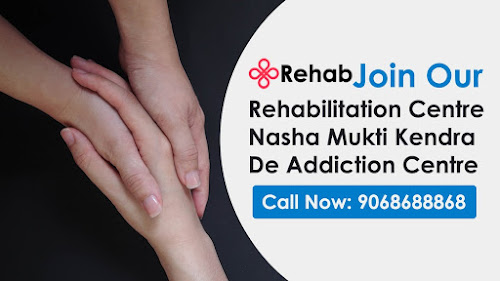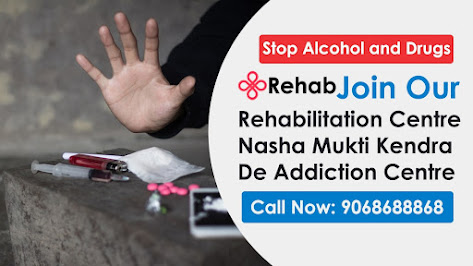A New Beginning: The Role of Rehabilitation Centers in Overcoming Addiction
A New Beginning: The Role of Rehabilitation Centers in Overcoming Addiction
Addiction is a complex and challenging issue that affects millions of people worldwide. It not only impacts the individual struggling with substance abuse but also their families and communities. However, there is hope for those battling addiction, thanks to the existence of rehabilitation centers. These centers offer a beacon of light and a path to recovery for individuals looking to break free from the grips of addiction.
Understanding Addiction
Before delving into the role of rehabilitation centers, it's crucial to understand addiction. Addiction is a chronic disease characterized by compulsive drug seeking, despite harmful consequences. It affects the brain's function and structure, leading to a cycle of craving, seeking, and using drugs or alcohol.
The Role of Rehabilitation Center
Rehabilitation centers play a pivotal role in helping individuals overcome addiction and regain control of their lives. Here are some key aspects of their role:
Comprehensive Assessment: Upon admission, individuals undergo a thorough assessment to determine the extent of their addiction and any underlying issues. This assessment helps in developing a personalized treatment plan.
Detoxification: Many individuals require detoxification to rid their bodies of the substance. Medical supervision ensures a safe and comfortable detox process.
Individualized Treatment Plans
Each person receives a tailored treatment plan that addresses their specific needs and challenges. Treatment may include counseling, therapy, medication-assisted treatment, and holistic therapies.
Therapy and Counseling: Individual and group therapy sessions help individuals understand the root causes of their addiction and develop coping skills. Behavioral therapies, such as Cognitive Behavioral Therapy (CBT), are commonly used.
Holistic Approach: Rehabilitation centers often take a holistic approach to treatment, addressing the physical, mental, and emotional aspects of addiction. Activities such as yoga, meditation, art therapy, and fitness programs promote overall well-being.
Aftercare Planning: As individuals near the end of their treatment program, rehabilitation centers help them develop a plan for continued care and support. Aftercare may include ongoing therapy, support groups, and sober living arrangements.
Family Involvement: Family support is crucial in the recovery process, and many rehab centers offer family therapy and education programs to help families understand addiction and support their loved ones in recovery.
Safe and Supportive Environment
Rehabilitation centers provide a safe and supportive environment where individuals can focus on their recovery without external distractions or temptations. The staff at these centers are trained to provide compassionate care and support throughout the recovery journey.
Conclusion
Rehabilitation center are beacons of hope for individuals battling addiction. Through comprehensive treatment plans, therapy, and a supportive environment, these centers empower individuals to break free from addiction and embrace a healthier, more fulfilling life. If you or someone you know is struggling with addiction, reaching out to a rehabilitation center could be the first step towards a brighter future.



Comments
Post a Comment